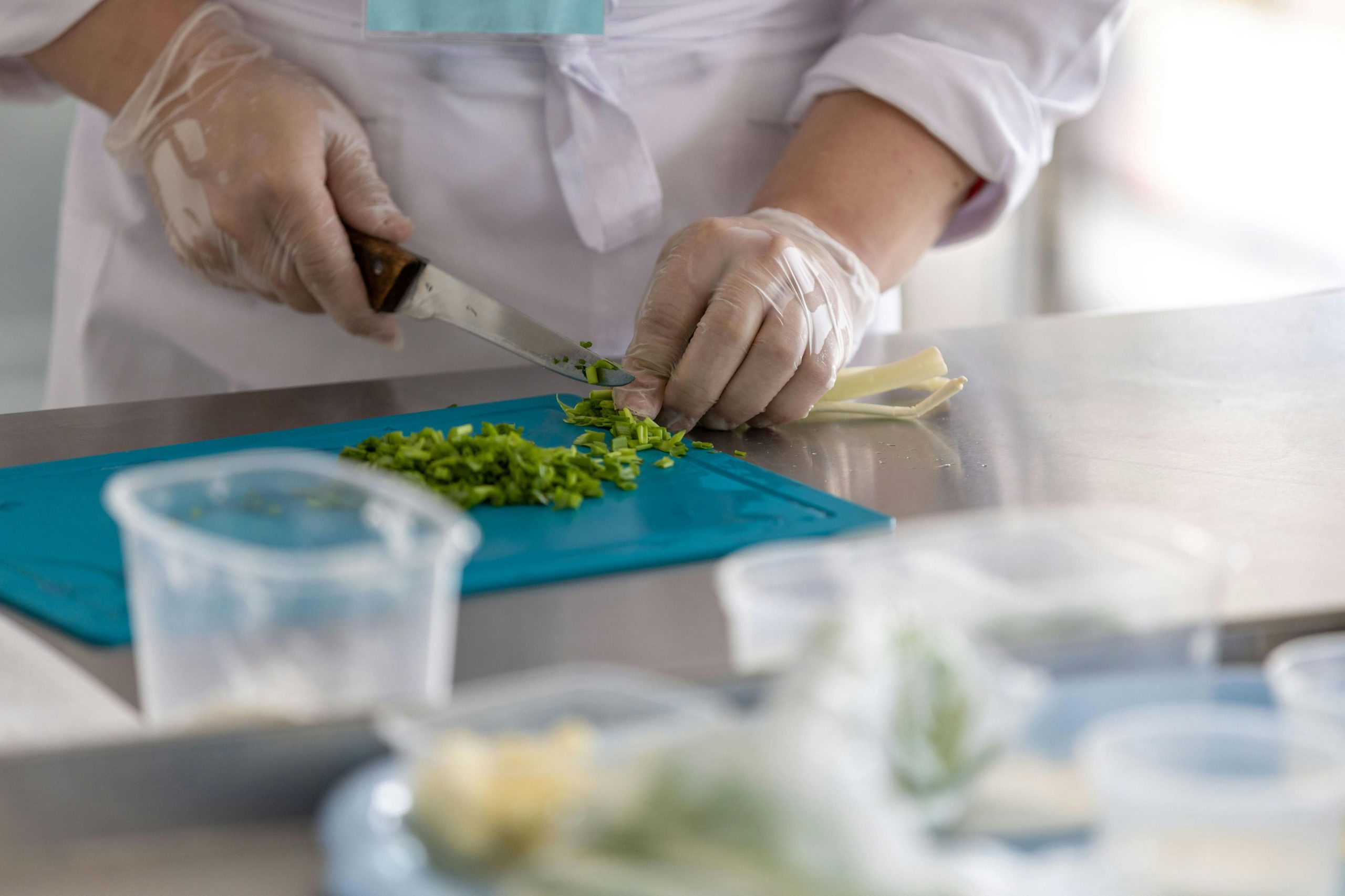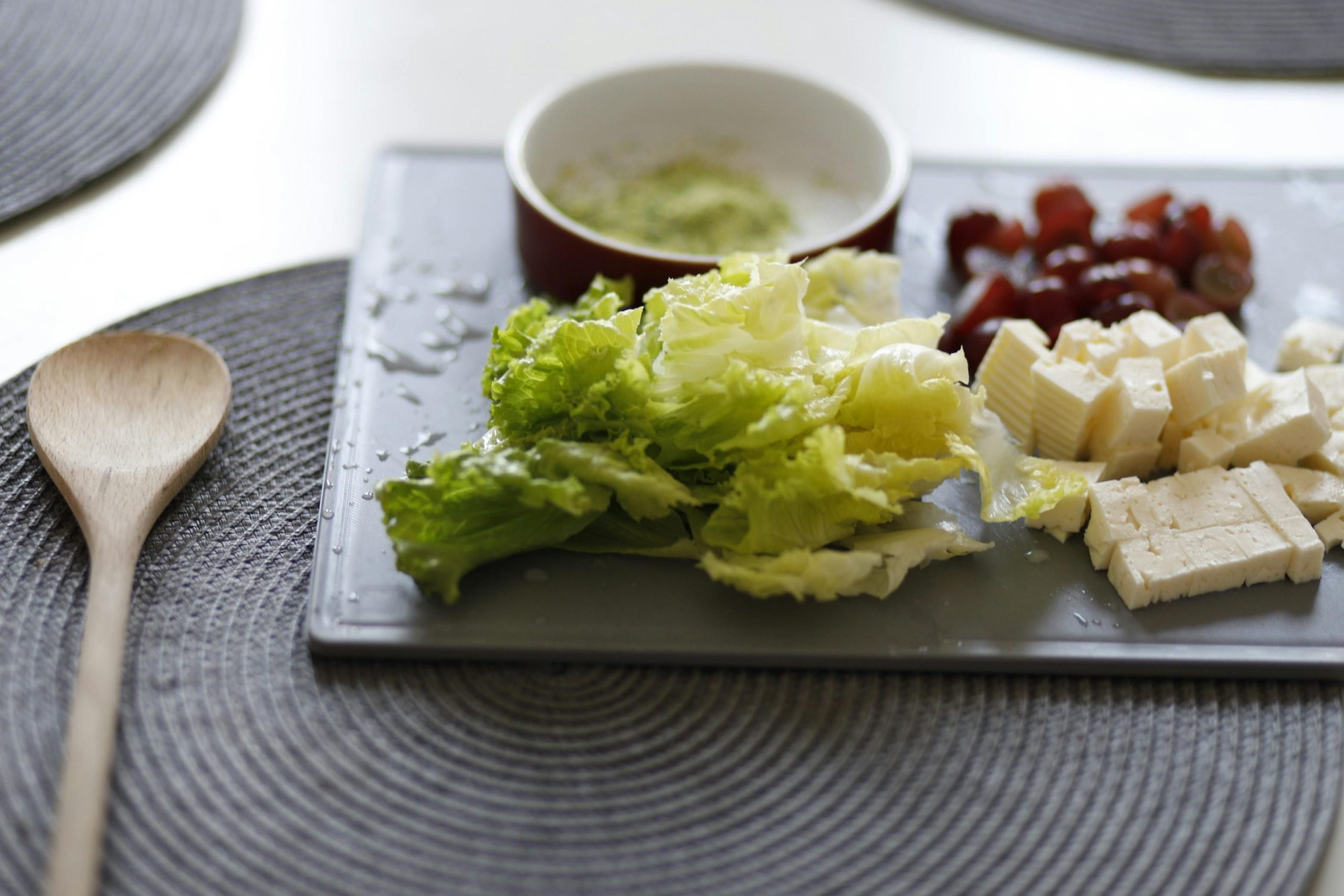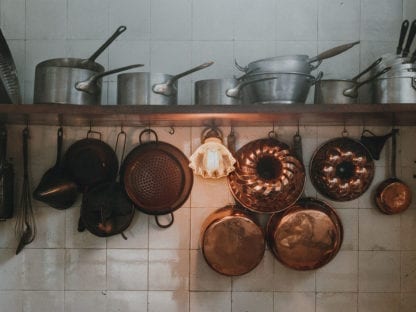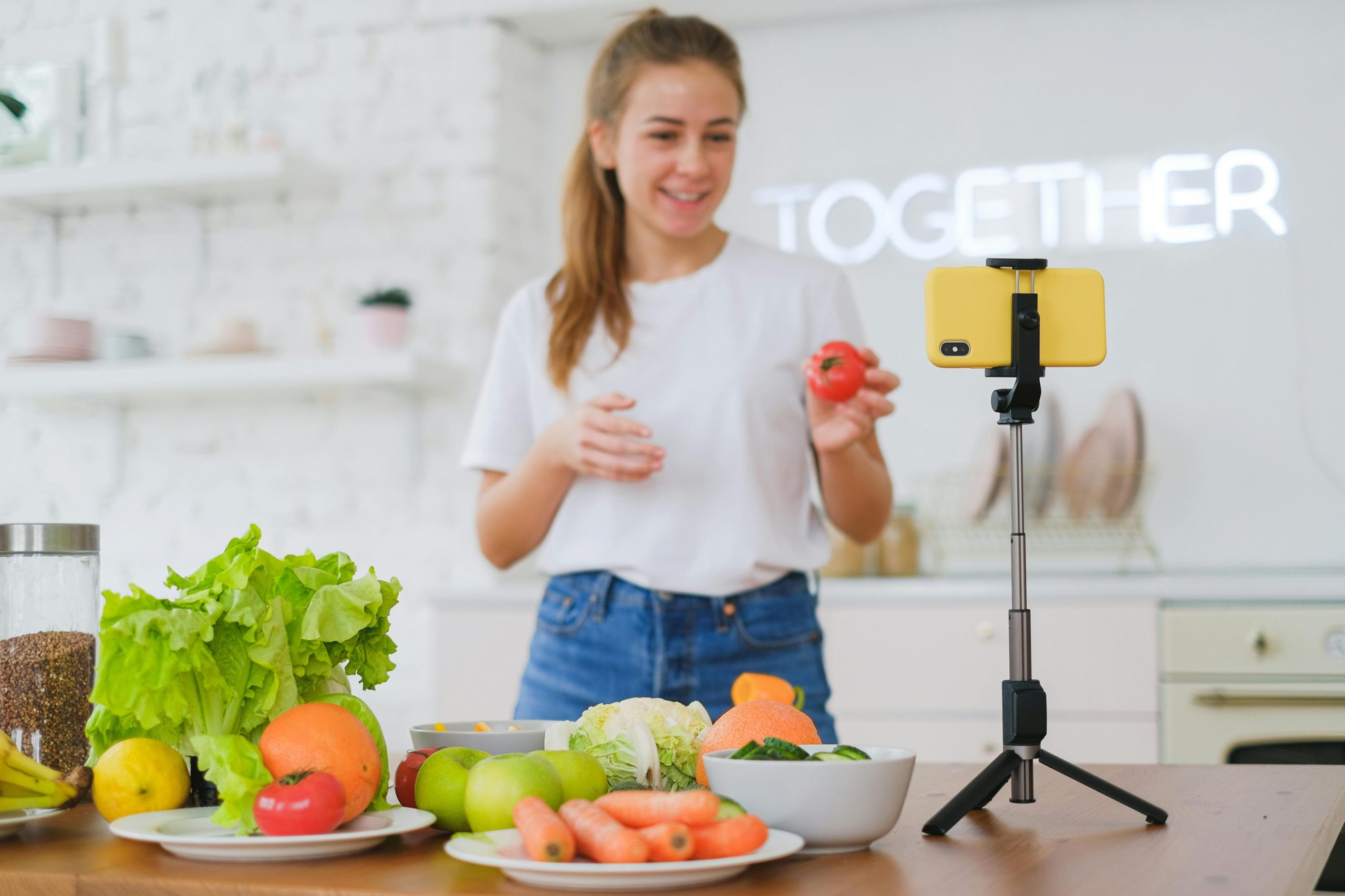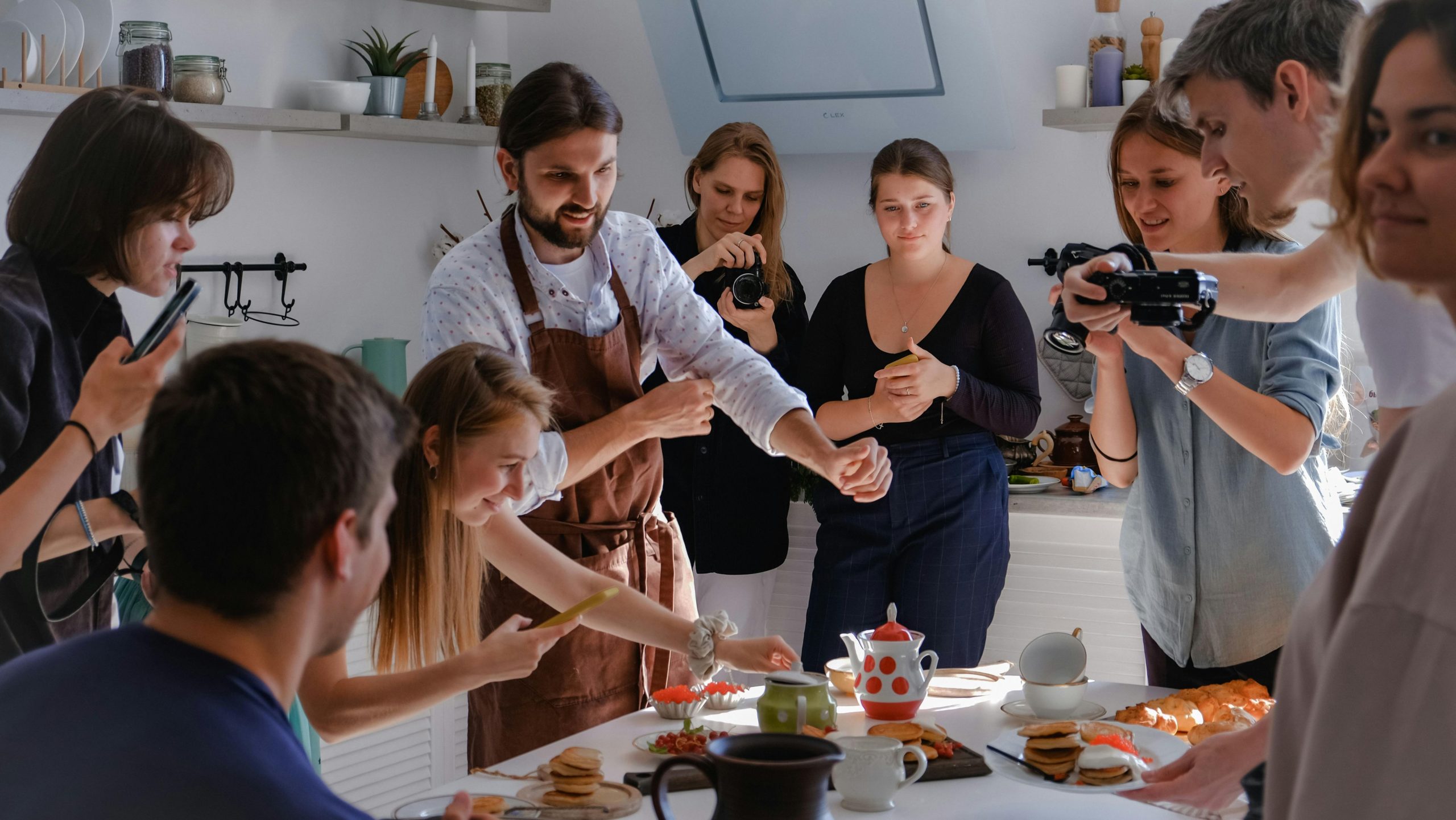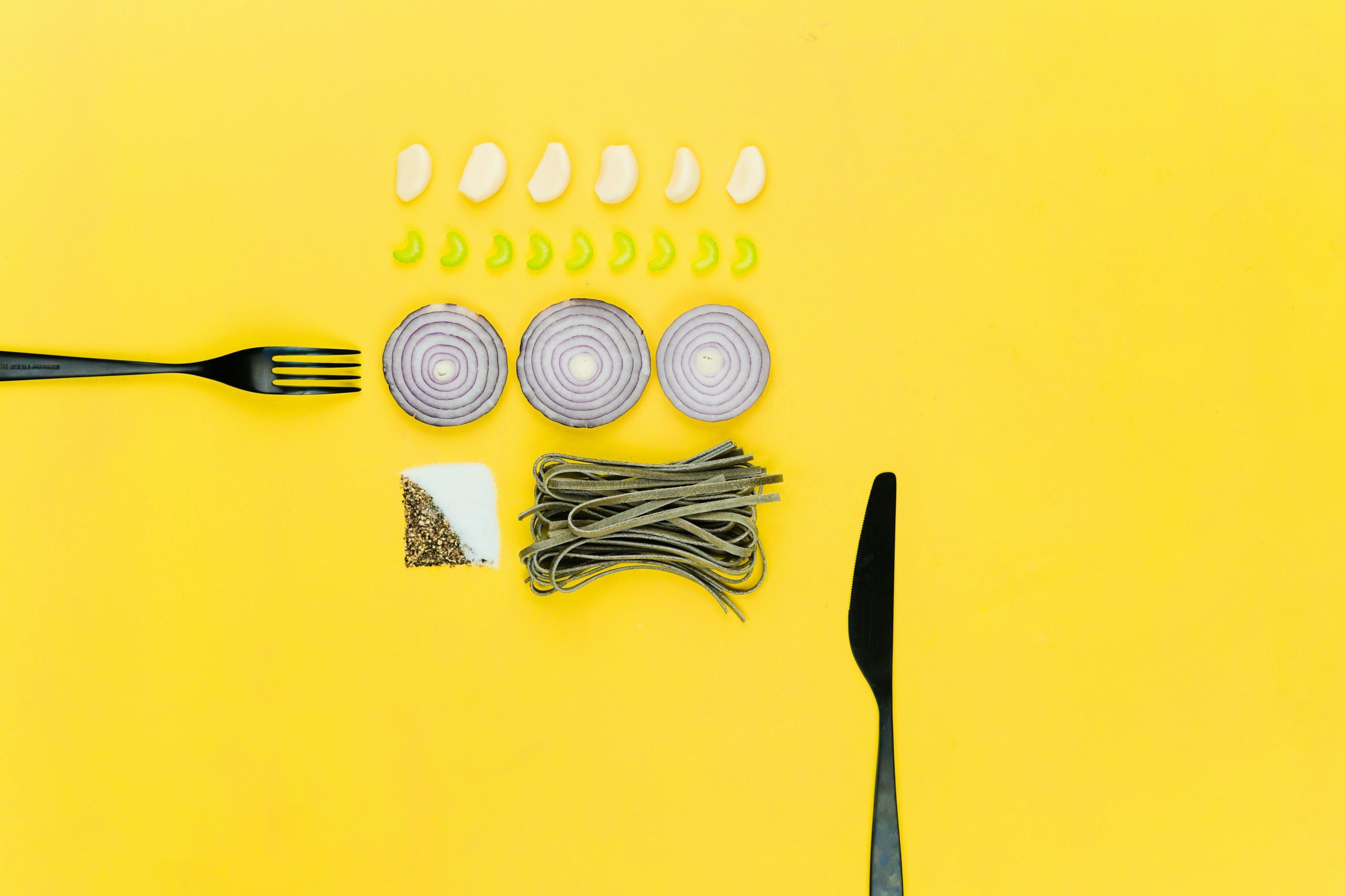Ever wondered how to whip up a delicious meal without feeling overwhelmed in the kitchen?
For many, the complexity of cooking techniques and jargon can make the kitchen feel like foreign territory.
Basic cooking lessons provide a solid foundation in essential skills, from mastering various cooking methods to understanding food safety and properly setting up your kitchen pantry.
This guide will walk you through the essentials of cooking, offering insights into how cooking classes can transform your meals and lifestyle, and even how to gift the joy of cooking to others.
Cooking as a Crucial Life Skill
Cooking is more than just a daily task; it’s a fundamental life skill that everyone should master. Whether you’re a student living on your own, a busy professional, or a parent, knowing how to cook can enhance your lifestyle by promoting healthier eating habits, saving money, and bringing joy through the act of creating meals. It empowers individuals, giving them control over their nutrition and the quality of food they consume.
Moreover, cooking at home fosters a sense of independence and confidence. It allows one to explore new cultures through various dishes, connect with family and friends over home-cooked meals, and even reduce stress by turning meal preparation into a relaxing, rewarding experience. In essence, cooking isn’t just about sustenance; it’s about enriching your life and nurturing your wellbeing.
Mastering Various Cooking Methods
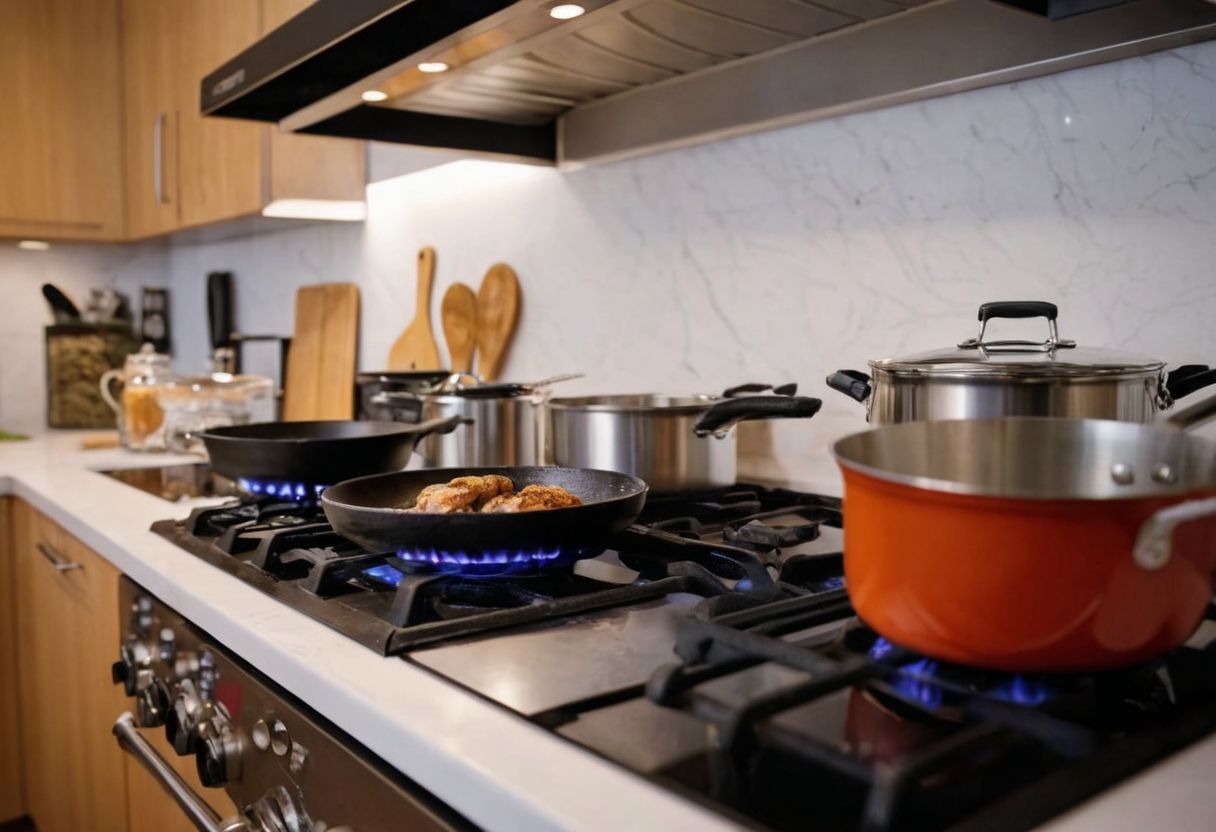
To become proficient in the kitchen, beginners must familiarize themselves with basic cooking techniques. Mastering various cooking methods such as baking, grilling, and sautéing is crucial. Each method offers a different way to enhance the natural flavors of ingredients, and knowing when and how to apply these techniques can significantly improve the dishes you prepare.
Start by practicing simple recipes that incorporate these methods. For example, try baking a roast chicken to perfection, grilling vegetables for a smoky flavor, or sautéing onions and garlic as the base for a flavorful sauce. These foundational skills will serve as building blocks for more complex recipes and boost your culinary confidence.
Essentials of Food Safety in Cooking

Food safety is paramount in cooking, not only to prevent foodborne illnesses but also to ensure that meals are healthy and safe to consume. Basic practices include washing hands and surfaces often, keeping raw and cooked foods separate, and cooking to the right temperatures. These habits help minimize the risk of introducing harmful bacteria into your meals.
Additionally, it’s important to store foods properly to preserve their freshness and prevent spoilage. Use airtight containers for leftovers, keep your refrigerator at the correct temperature, and regularly check dates on perishables. Implementing these simple yet effective food safety measures will protect you and your family from potential health risks.
Setting Up Your Cooking Pantry

Setting up a well-organized pantry is the first step towards successful home cooking. Stocking up on essential ingredients like spices, oils, canned goods, and grains ensures that you can whip up a meal even on short notice. Essentials such as rice, pasta, and canned tomatoes are versatile and can be used in countless recipes.
Don’t forget to include various condiments and seasonings to add flavor to your dishes. Items like soy sauce, vinegar, salt, pepper, and dried herbs are fundamental in creating tasty, balanced meals. By maintaining a well-stocked pantry, you’ll find that preparing delicious, home-cooked meals becomes easier and more enjoyable.
Transforming Cooking Habits with Classes
Cooking classes can be a game-changer for anyone stuck in a rut of fast food and simple meals. By participating in these classes, individuals learn not just the basics but also advanced cooking techniques that can transform their daily meals into a more sophisticated dining experience. Classes cover everything from basic chopping skills to the art of plating and presenting food, which is essential when hosting dinner parties or special family meals. This knowledge encourages a shift from convenience food to homemade gourmet meals that impress guests and satisfy family members.
Moreover, cooking classes often introduce a variety of cuisines, which broadens a person’s culinary horizon and adds an exciting diversity to their meal plans. Here’s how classes can specifically alter cooking habits:
- Exploration of International Flavors: Learn to cook Italian pastas, Indian curries, or Japanese sushi right from your kitchen.
- Technique Perfection: Master techniques like sautéing, baking, and grilling which are crucial for diverse recipes.
- Presentation Skills: Gain skills in food presentation, turning simple dishes into artful plates. This newfound confidence and skill set not only enhances the enjoyment of cooking but also makes the kitchen a center of creativity and joy in one’s home.
Preparing Scrumptious Meals for Any Occasion
Preparing meals for various occasions doesn’t have to be a daunting task. Whether it’s a casual family dinner or a more formal gathering, the key is to focus on creating dishes that are both appealing and delicious. Start by considering the preferences of your guests and the nature of the occasion. For everyday meals, simplicity is key; dishes like a hearty pasta bake or a one-pot stew can be both satisfying and easy to prepare. For special events, you might want to add a touch of elegance with a well-planned menu that includes a few show-stopping items like a perfectly roasted meat or a beautifully assembled salad.
To enhance your meals further, consider the following tips:
- Use fresh, high-quality ingredients as they are the foundation of any great dish.
- Experiment with herbs and spices to add unique flavors that complement the main ingredients.
- Incorporate a variety of textures and colors to make the dishes visually appealing.
These simple yet effective strategies can elevate your cooking from ordinary to extraordinary, making every meal an occasion in itself. Remember, the ultimate goal is to create enjoyable and memorable dining experiences for both you and your guests.
Certification in Basic Cooking Courses

Achieving certification in basic cooking courses not only enhances your culinary skills but also adds significant credibility to your cooking profile. For those looking to take their cooking from a casual hobby to a more serious level, or even considering a career in culinary arts, certification acts as a stamp of professionalism. It assures anyone you cook for, from family and friends to potential employers, that you have a solid foundation in the essentials of cooking.
The benefits of being certified are manifold:
- Recognition: Shows that you have met a certain standard of skill and knowledge.
- Confidence: Equips you with the confidence to experiment with new dishes and techniques.
- Opportunities: Opens up new opportunities for advanced learning or professional advancement in the culinary world. Whether it’s a job opportunity, a chance to cater events, or simply the ability to impress at dinner parties, certification can be a key that unlocks new experiences.
Benefits of Virtual Cooking Classes
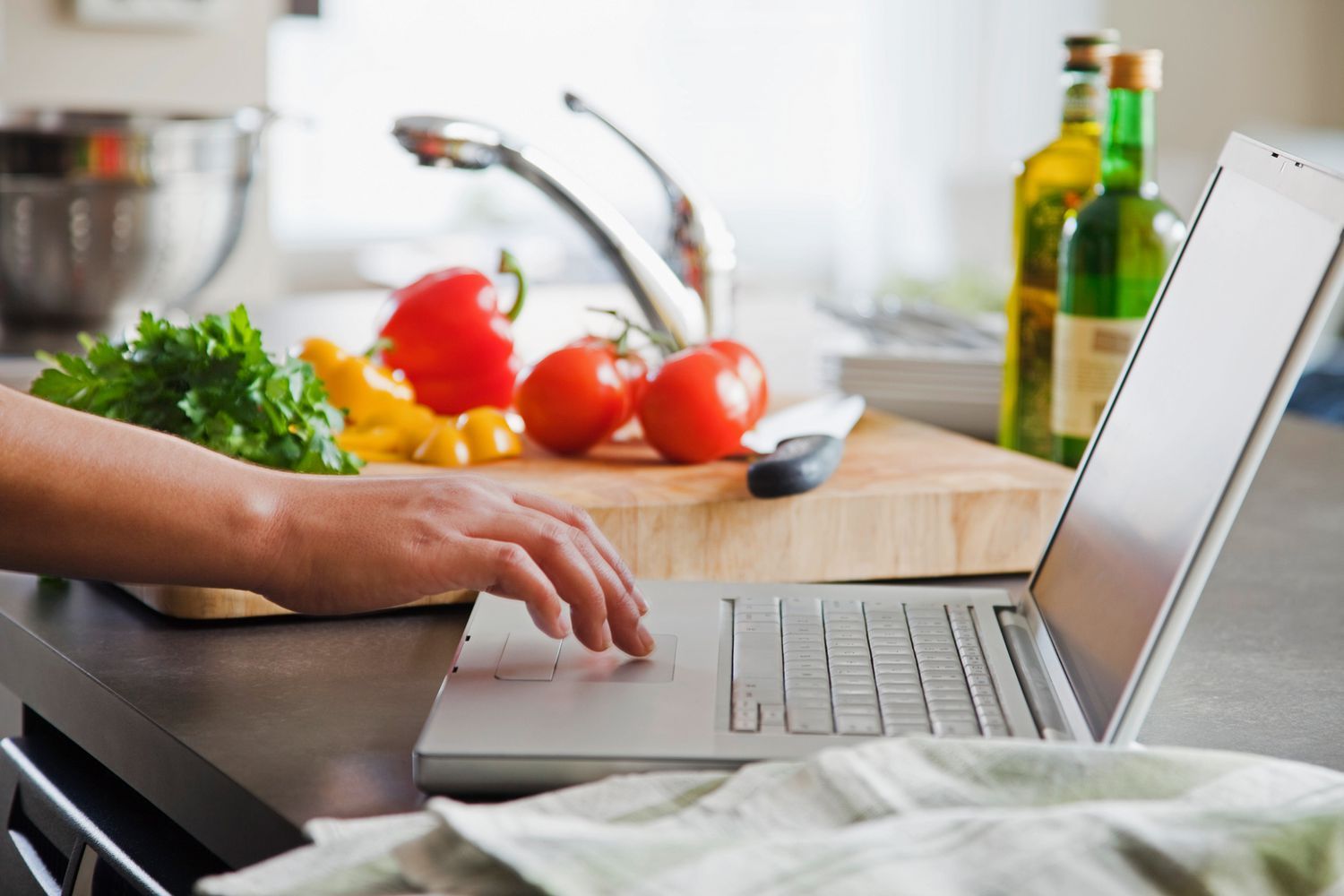
Virtual cooking classes provide a flexible and convenient way to learn new culinary skills from the comfort of your own home. You can choose when to take the classes based on your own schedule, making it easier to fit learning into a busy lifestyle. This flexibility is especially beneficial for those who have irregular work hours or family commitments.
These classes offer a wide range of skills to master, from basic cooking techniques to more advanced culinary concepts. Here are some of the skills you can expect to learn:
- How to properly use kitchen tools and appliances
- Techniques for baking, grilling, and sautéing
- Tips for flavor enhancement using spices and herbs
This variety ensures that learners can progressively build their cooking repertoire and confidence in the kitchen.
Gifting the Joy of Cooking Classes
Gifting a cooking class voucher is a thoughtful and unique present for anyone who enjoys cooking or wants to learn. These vouchers can be used as full or partial payment for a class of the recipient’s choice, making it a versatile gift for birthdays, anniversaries, or even as a simple thank you. It’s a gift that not only gives once but keeps on giving as the recipient learns new skills and recipes.
Ordering a cooking class voucher is easy and convenient. Most cooking schools offer the option to purchase these vouchers online, and the recipient can receive it in digital format, like a PDF, within 24 hours. This makes it a perfect last-minute gift as well. Here are some benefits of gifting cooking class vouchers:
- Flexibility: The recipient can choose a class that suits their schedule and interests.
- Educational: It offers a chance to learn new cooking techniques and recipes.
- Memorable: Provides a fun and enriching experience that’s likely to be remembered.
Tasting the Cooking Course Experience
Stepping into a basic cooking course, beginners are introduced to a world where taste and technique converge to create delightful dishes. Here, you’ll learn not just the how-to’s of cooking, but also the sensory pleasures of tasting your creations. You’ll explore how different flavors blend and contrast, and how cooking methods like sautéing or baking influence the taste and texture of food.
The course typically covers a variety of dishes, offering a broad taste spectrum from savory appetizers to sweet desserts. Key learnings include:
- Understanding the flavor profiles of different herbs and spices
- The impact of cooking temperatures on food taste and texture
- Techniques for balancing seasonings to enhance the overall flavor of a dish
This hands-on experience not only builds cooking skills but also deepens your appreciation for the culinary arts.
Exploring Seasonings in Cooking Classes

Seasonings are the secret weapons in any chef’s arsenal, capable of transforming a simple dish into a culinary masterpiece. In cooking classes, beginners learn not just about the variety of seasonings available, but also how to use them effectively. For instance, understanding when to use fresh herbs versus dried ones, or how spices like cumin or coriander can be toasted to enhance their flavors, are invaluable lessons. These classes often include taste tests to help students experience the impact of these seasonings firsthand.
Moreover, cooking instructors emphasize the importance of balance and timing with seasonings. Key tips include:
- Adding salt early in the cooking process to enhance the natural flavors of the ingredients,
- Using acids like lemon juice or vinegar at the end to brighten flavors,
- Introducing aromatic spices at optimal moments to maximize their effect. These lessons help budding cooks not only follow recipes but also encourage them to experiment and develop their unique seasoning style, elevating their cooking from good to great.
Elevate Your Culinary Skills with Indulge
If you’re ready to take your cooking skills beyond the kitchen, INDULGE offers curated culinary tours in Zurich that are perfect for food enthusiasts eager to explore new gastronomic landscapes. These tours are designed to enhance your understanding of local and international cuisines, with hands-on experiences that blend culinary education with real-world tasting opportunities.
Imagine walking through Zurich West or Old Town, led by local experts like chefs and sommeliers, who introduce you to Swiss culinary specialties and global food scenes. Here’s what you can look forward to with INDULGE: – Deep dive into Zurich’s rich culinary history – Exclusive Wine & Dine experiences – Introduction to famous Swiss dishes. Don’t miss out on this unique opportunity to elevate your culinary journey; visit INDULGE today and discover the tours that await you.
Frequently Asked Questions
How to learn cooking for beginners?
For beginners, learning to cook starts with mastering basic cooking techniques such as baking, grilling, and sautéing. It’s essential to practice simple recipes that incorporate these methods, like baking a roast chicken or grilling vegetables. Additionally, understanding food safety and setting up a well-stocked kitchen pantry are crucial steps. Beginners can also benefit greatly from taking cooking classes that cover everything from basic chopping skills to the art of plating and presenting food.
What are basic cooking skills?
Basic cooking skills include a variety of essential techniques and knowledge areas crucial for creating meals safely and efficiently. These skills encompass mastering cooking methods like baking, grilling, and sautéing, understanding and implementing food safety practices, and setting up a well-organized kitchen pantry stocked with essentials such as spices, oils, and grains. Additionally, basic skills also involve learning how to use kitchen tools and appliances properly.
Where can I learn the basics of cooking?
You can learn the basics of cooking by enrolling in cooking classes, which are available both in-person and virtually. These classes teach not only the fundamental techniques but also advanced culinary skills. They cover a wide range of topics from basic chopping skills to the art of food presentation. Virtual cooking classes offer flexibility and convenience, allowing learners to choose sessions based on their schedules and learn from the comfort of their own homes.
How do I start a cooking lesson?
Starting a cooking lesson involves choosing a specific skill or recipe you wish to learn and finding a suitable class that offers instruction in that area. You can enroll in either in-person or virtual cooking classes depending on your preference. It’s important to prepare by ensuring you have the necessary ingredients and kitchen tools required for the lesson. If you’re new to cooking, beginning with basic techniques and simple recipes is advisable.

